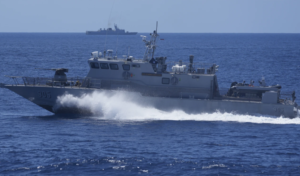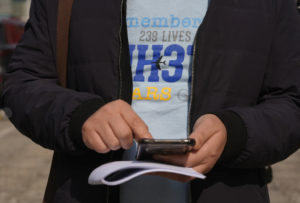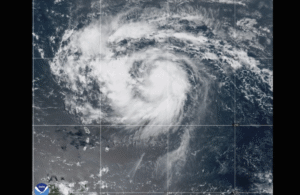Philippine forces conducted a training exercise on Wednesday simulating the recapture of an island in the South China Sea, marking the first such operation in the contested waters. Chinese naval ships observed the exercise from a distance, according to the Philippine military chief.
General Romeo Brawner Jr., who observed the drills from a Philippine Navy frigate, emphasized that the exercise demonstrated the country’s readiness to protect its sovereignty. “We are sending a message to our neighbors and any external forces that we are capable of defending our islands,” Brawner told a select group of journalists, including those from The Associated Press.
While there has been no immediate response from Chinese officials, China has previously opposed similar military exercises in the region, which it claims almost entirely as its own.
The ongoing territorial disputes, which involve several claimants, continue to be a sensitive issue, particularly amid the broader geopolitical tensions between the U.S. and China. This situation is expected to remain a key foreign policy concern for the next U.S. president.
China has quickly built up its military capabilities and has become more aggressive in asserting its territorial claims in the South China Sea. This has resulted in more frequent clashes, mainly with the Philippines and Vietnam, though there have also been recent disputes between the Chinese coast guard and both Indonesia and Malaysia over territorial issues.
During the drills, a Philippine Navy frigate approached Loaita Island, known as Kota Island in the Philippines, while four speedboats carrying marines and navy personnel landed on the island’s shore. Later, a Philippine Air Force aircraft dropped food and other supplies to the forces that had taken control of the island.

General Brawner noted that the presence of Chinese naval ships, observing from a distance, “added realism to the exercise.”
The United States is seen as a key counterbalance to China and has provided support to the Philippines in response to Chinese assertiveness in the region.
Washington’s support for unimpeded access to the South China Sea, a vital global trade and security route, is expected to remain a priority for the next U.S. president, according to Philippine Ambassador to Washington, Jose Manuel Romualdez.
The Biden administration has worked to reinforce a network of military alliances across the Indo-Pacific to better counter China’s influence, especially in the event of a potential conflict over Taiwan. This aligns with the Philippines’ efforts to strengthen its territorial defense amid growing tensions with China over territorial disputes that began escalating last year.













